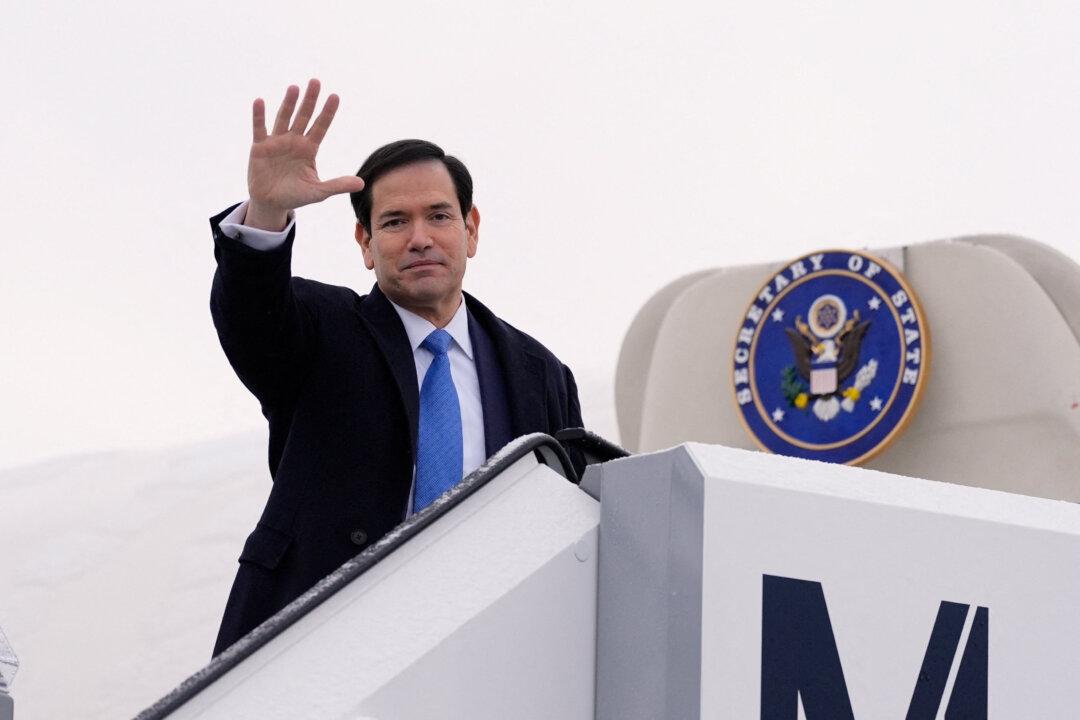As a federal judge in Texas mulls accepting Boeing’s guilty plea in the Department of Justice (DOJ) investigation into the fatal 737 Max crashes, families continue to live with daily reminders of those they lost because of software failures that the company initially ignored.
“You lose a child, and it’s an amputation of who you are,” Michael Stumo told The Epoch Times.





